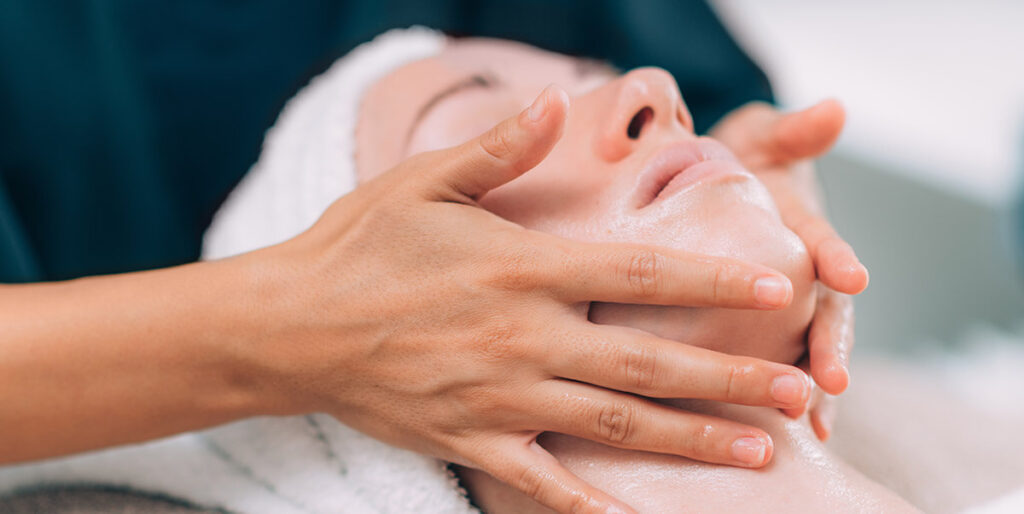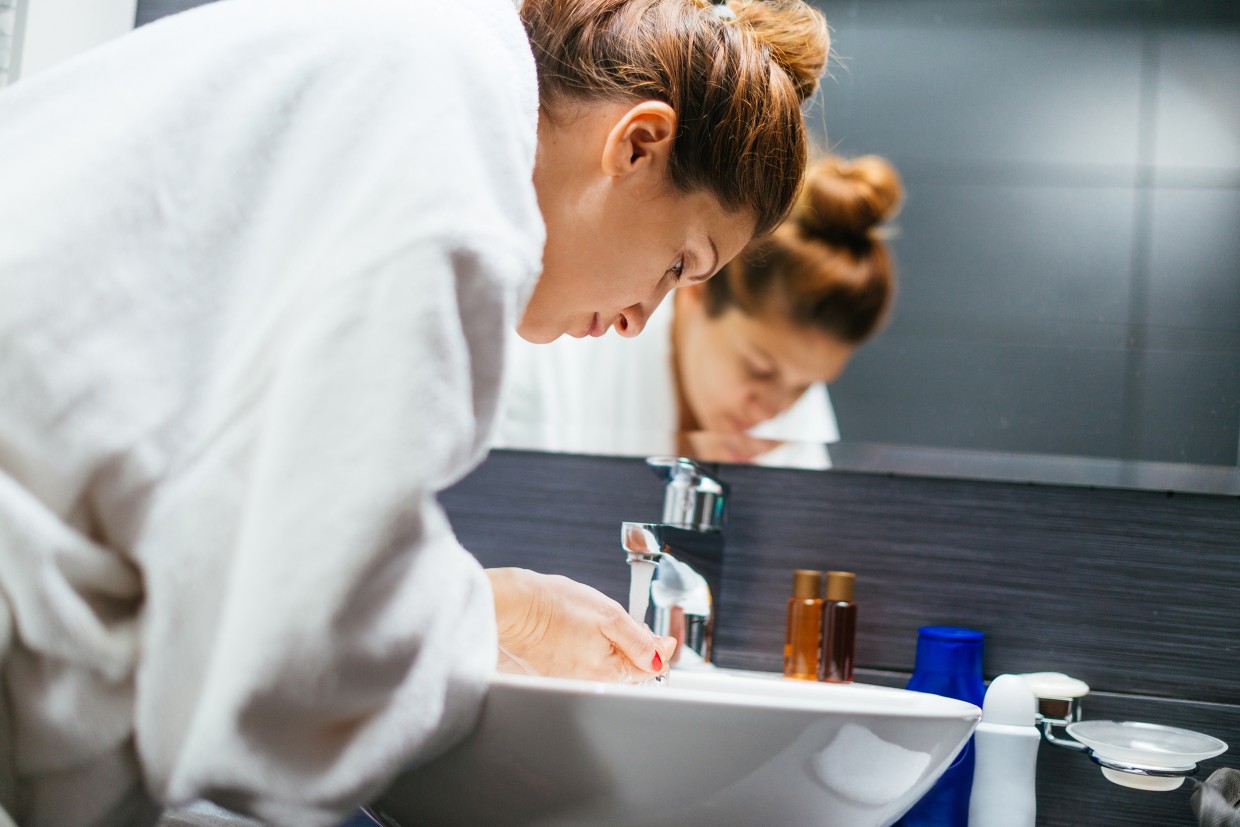How to Treat Hormonal Body Acne Effectively and Efficiently?
For beauticians and skincare professionals, how to treat hormonal body acne is a topic frequently brought up by clients. Hormonal fluctuations can lead to breakouts not just on the face but across various areas of the body. Understanding this condition is essential in providing effective solutions and recommendations.
Body acne, often influenced by hormones, is a common problem, especially for teenagers and women undergoing hormonal changes during their menstrual cycles, pregnancy, or menopause. The task at hand for a beautician is to stay informed and prepared to help clients combat this skin issue while also promoting overall skin health.

What Causes Hormonal Body Acne?
Understanding the causes of hormonal body acne is pivotal in addressing it properly. Hormonal changes trigger an increase in oil production in the skin, which can clog pores and lead to breakouts. Common causes include:
- Menstruation: Many women experience breakouts before or during their menstrual cycle due to hormonal surges.
- Pregnancy: Hormonal changes during pregnancy can also cause body acne.
- Stress: Stress can lead to increased levels of cortisol, which in turn stimulates oil production.
- Diet: A diet high in sugars and dairy can exacerbate hormonal fluctuations.
Best Practices for Treating Hormonal Body Acne
Once the causes are understood, beauticians can employ effective strategies to treat and manage hormonal body acne effectively.
1. Skincare Routine
Establishing a consistent skincare routine is essential. Recommend the following steps:
- Gentle Cleansing: Advise clients to use a gentle body cleanser specifically formulated for acne. Products such as the best body soap for acne can help.
- Regular Exfoliation: Suggest incorporating body exfoliation into their routine. Consider recommending products like the best body scrub for acne to remove dead skin cells and prevent clogged pores.
- Moisturization: Even oily skin needs moisture. Encourage the use of lightweight, non-comedogenic moisturizers to maintain skin hydration.
2. Professional Treatments
Encourage clients to consider professional treatments that may alleviate body acne:
- Chemical Peels: These can help to exfoliate the skin and remove dead skin cells.
- Microneedling: This treatment can help by creating micro-wounds that trigger the skin's healing processes.
3. Lifestyle Changes
In addition to topical treatments, lifestyle adjustments can play a significant role in managing body acne:
- Healthy Diet: Advise clients to incorporate a diet rich in antioxidants like fruits and vegetables while reducing sugar and dairy intake.
- Hydration: Encourage them to drink plenty of water to maintain skin health and remove toxins.
4. Hormonal Treatments
For persistent hormonal body acne, clients may be advised to consult with a healthcare provider for:
- Hormonal Therapy: Options such as birth control pills can help regulate hormones and reduce acne.
- Anti-androgens: Medications that can lower androgen levels may be beneficial.
What Products Can Help Treat Hormonal Body Acne?
Recommending the right products is crucial for clients struggling with hormonal body acne. Highlighting specific ingredients can lead them to make informed decisions:
- Benzoyl Peroxide: Known for its antibacterial properties, it can help reduce acne.
- Salicylic Acid: This ingredient penetrates pores and helps in exfoliating dead skin.
- Tea Tree Oil: A natural alternative that possesses anti-inflammatory and antimicrobial effects.
Managing Client Expectations
It's important for beauticians to ensure that clients have realistic expectations regarding their treatment plans. Body acne can take time to improve, and they should be informed of the importance of consistency in skincare routines.
Monitoring Progress
Recommend that clients keep track of their skins condition and be patient as treatments begin to show results. Regular check-ins can also help adjust treatments as necessary.

FAQs on Hormonal Body Acne
1. Can stress cause hormonal acne?
Yes, stress can trigger hormonal changes that may lead to an increase in acne.
2. Are there specific diets I should follow to help reduce body acne?
Consuming a balanced diet with low sugar and dairy can benefit skin health.
3. How often should I exfoliate my body to prevent acne?
Exfoliating 1-2 times per week is generally recommended; however, individuals should listen to their skin.
For more information on managing body acne, you might want to read this informative article on treating back acne.
By following these guidelines, beauticians can equip themselves to help clients effectively manage and treat hormonal body acne. Scalable solutions in treatment options can lead to maintaining skin health and increased confidence in clients dealing with this common issue.

